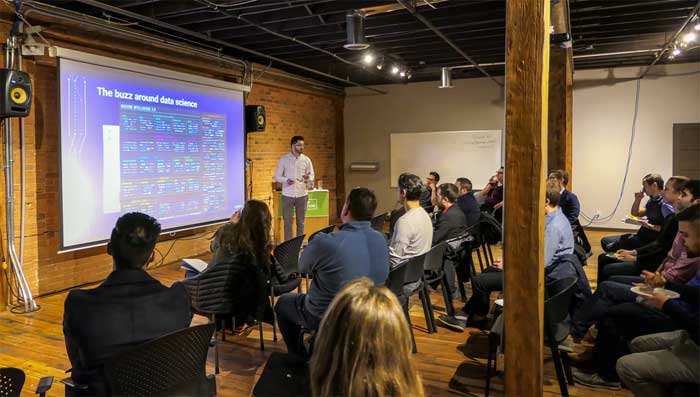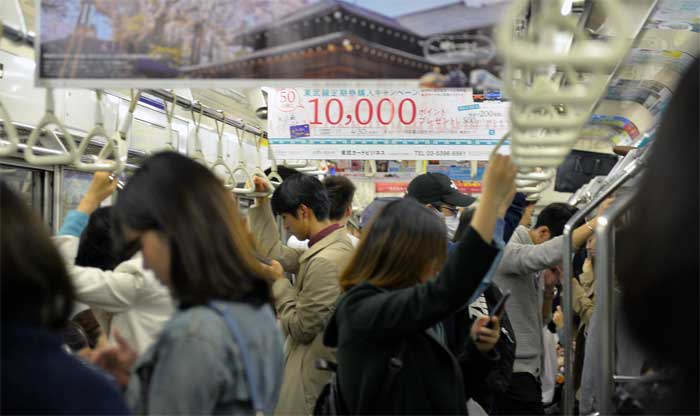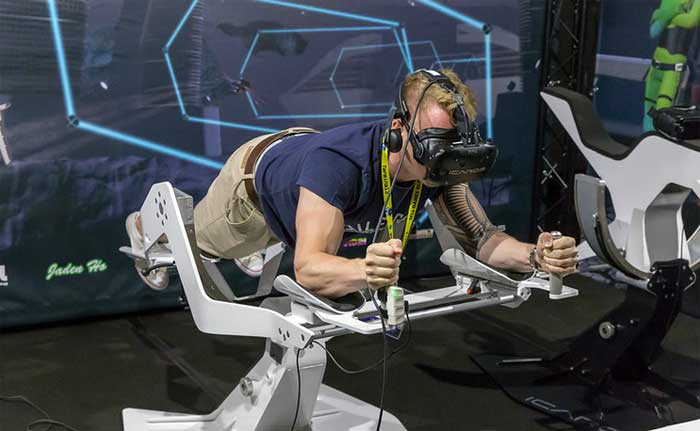One of the challenges the global facilities nowadays is how to tackle youth unemployment across the world. Nearly 400 million young people on the planet are unemployed and some of them lack proper education and training to compete in the global market. To solve the problem, according to the World Economic Forum, it's pivotal for the public and private sectors to "create more jobs and give young people the skills and confidence to fill them."
Although the global of youth unemployment is particularly this day and age, it fortunately is top of mind for global political leaders. In 2015, for instance, the G20 in Turkey docussed increasing employment, striving for "inclusive and robust growth through collective action."
Hosted by the World Economic Forum, during the Annual Meeting of the New Champions - the foremost global summit on innovation, science and technology aimed at promoting entrepreneurship in the global public interest - the attendees discussed the role of entrepreneurship in job creation and as a provider of opportunities to young people.
Their annual Job Creation Survey (2015) showed that entrepreneurs' hiring plans outperforms the rest. According to the report, 47% of entrepreneurs (and 77% of world-leading entrepreneurs) plan to increase the size of their workforce, compared to 29% of large corporations. Therefore, supporting entrepreneurs to grow their businesses can significantly impact employment rates.
According to the report, the major change will stem from allowing young people to follow their passion and start their own businesses. This initiative is expected to have a major impact in the youth employment statistics.
According to an EY survey from 2015, 65% of the 2,800 young people surveyed around the world professed their desire to run their own business at some point in their careers, out of which 27% want to start it immediately and 38% would like to learn from someone else first. These trends are most significant in developing markets, with Mexico leading the way.
"The challenge now is to provide young people with the support and the environment they need to turn their ambitions into reality," said Maria Pinelli, Global Vice-Chair, Strategic Growth Markets, EY.
Accordingly to the report, young people want more hands-on experience and mentoring from entrepreneurship. Therefore, "today's entrepreneurs and business leaders have a clear role to play in nurturing the next generation of wealth and job creators," Pinelli said.
It's not only up to the entrepreneurs to foster this youth employment, but governments have a role to play as wel. "(Governments) need to focus on providing the right environment to enable aspiring and early-stage entrepreneurs to succeed. This includes ensuring that the education system is fit for purpose," said Pinelli.
Pinelli cited a paper released at the G20 YEA conference entitled "From classroom to boardroom: Creating a culture for high impact entrepreneurship," where they "argue that governments must commit to, and enact, targeted education policies that support future generations of young entrepreneurs and help create a culture that is supportive of entrepreneurship," she added.
"Sadly," she said, "the young unemployment problem won't be solved quickly, or easily, and it requires a range of responses. Along with shorter-term macroeconomic and fiscal policies to help drive job growth, embedding entrepreneurship at the heart of the education system is a key, long-term initiative that will help provide an environment where the dreams of millions of young people to make an impact and start their own enterprises can be realised."
With youth unemployment on the rise after the 2008 financial crisis, many graduates started their own business. That's the story of Amie Samba, who graduated in 2009 when Britain was hit by recession and youth unemployment was on its way to a record of more than a million. Like some of her peers, the sports science and psychology graduate was only able to find short-term contracts and volunteer work, and the prospect of finding a full-time job seemed off the table.
"Around 2008, 2009, with the financial crash and the way the economy was, I wondered what my options were," Samba told the British newspaper The Guardian. "A lot of people were quite sceptical and scared. It was so competitive."
Unable to find full time employment, Samba started her own became and joined a generation of young entrepreneurs.




